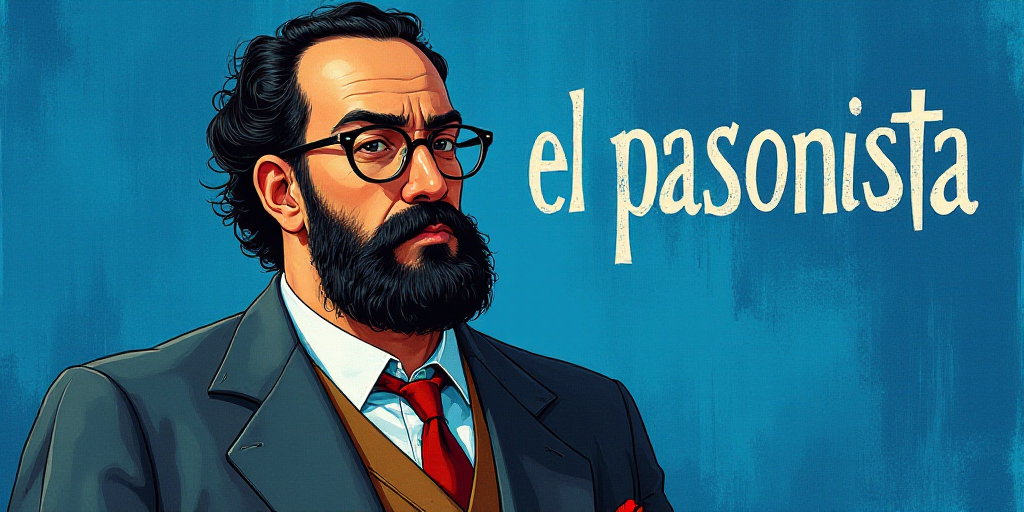Introduction
On September 22, when questioned about the recent recognition of Palestine by the United Kingdom, Canada, Australia, and Portugal, Mexico’s President Claudia Sheinbaum reminded everyone that Mexico had recognized Palestine since 2012 and would continue advocating for a two-state solution based on the 1967 borders.
Growing Western Division from Israel
With these countries’ decisions, Mexico joins Spain (formal recognition in 2024) and France (to follow suit), reflecting a growing Western division from Israel. This stance marks a distance from the United States, which insists on maintaining negotiations bilateral.
Historical Context of the Arab-Israeli Conflict
The Arab-Israeli conflict’s origins explain the difficulty in reaching a solution. The UN Resolution 181, proposing to divide Palestine into two states in 1947, led to immediate clashes. Attacks occurred in Aden (Yemen) and Aleppo (Syria), with numerous Jewish casualties, while a war broke out between Jewish and Arab militias in Palestine under British administration. Soon after, in 1948, Israel declared its independence and was recognized by the powers. Meanwhile, Palestinians faced the displacement of over 700,000 people from their ancestral homeland.
US Influence and Criticism
Since then, with its veto in the UN Security Council, the US has blocked progress toward a Palestinian state. In April 2024, it halted Palestine’s full admission to the UN. Critics view Donald Trump as a puppet of Prime Minister Benjamin Netanyahu, driven by economic interests.
Netanyahu’s Stance and International Accusations
Netanyahu called the recent recognitions a “reward for terrorism” and reiterated his refusal to allow a Palestinian state west of the Jordan River, even proposing partial annexation of the West Bank. Meanwhile, he faces accusations of state terrorism and genocide in Gaza. Brazil joined Sudan, Chile, Colombia, Cuba, Spain, Ireland, Mexico, and Turkey in accusing Israel of genocide before the International Court of Justice.
Humanitarian Costs of the Current Conflict
The current conflict’s human cost is unbearable. Hamas’ October 7, 2023 attack on Israel resulted in 1,195 deaths and the kidnapping of 251 hostages. Israel’s response has caused over 65,000 deaths in Gaza, mostly civilians. According to the UN, between 54% and 70% of casualties are women, children, and the elderly. The disproportion is evident, leading to global condemnation but no real sanctions against Israel.
Mexico’s Consistent Position
Mexico has maintained a consistent stance: it abstained from voting for partition in 1947, recognized Israel in 1950, and supported granting Palestine observer state status in the UN in 2012. Today, it insists on a two-state solution and Jerusalem East as the Palestinian capital.
The Dwindling Two-State Solution
However, each year, this solution seems further away. The growth of Israeli settler colonies in the West Bank and increasing deaths there and in Gaza make a two-state solution less feasible. Western recognition appears late, more of an attempt to salvage governments’ images than a genuine step toward peace.
Palestine’s Current Status
Currently, Palestine is a recognized entity in speeches but lacks territory, sovereignty, and a clear future for its people.
Key Questions and Answers
- What recent developments have occurred regarding Palestine’s recognition? Countries like the UK, Canada, Australia, and Portugal have recently recognized Palestine. Mexico has maintained its recognition since 2012.
- Why is there a growing Western division from Israel? This division stems from differing views on how to resolve the Arab-Israeli conflict, with some Western nations distancing themselves from the US’s insistence on bilateral negotiations.
- What is the historical context of the Arab-Israeli conflict? The conflict originated from UN Resolution 181, which proposed dividing Palestine into two states in 1947. This led to immediate violence, resulting in numerous casualties and displacement of Palestinians.
- How has the US influenced the situation? The US, through its veto power in the UN Security Council, has blocked progress toward a Palestinian state. Critics view former President Trump as being influenced by economic interests tied to Israel.
- What is Netanyahu’s stance on Palestine? Netanyahu has called recent recognitions a “reward for terrorism” and refuses to allow a Palestinian state west of the Jordan River, even proposing partial annexation of the West Bank. He faces accusations of state terrorism and genocide in Gaza.
- What are the humanitarian costs of the current conflict? The conflict has resulted in over 65,000 deaths, mostly civilians, with a disproportionate number of women, children, and the elderly among the casualties.
- What is Mexico’s position on the conflict? Mexico has consistently advocated for a two-state solution based on the 1967 borders and Jerusalem East as the Palestinian capital. It recognized Palestine as an observer state in the UN in 2012.






